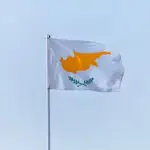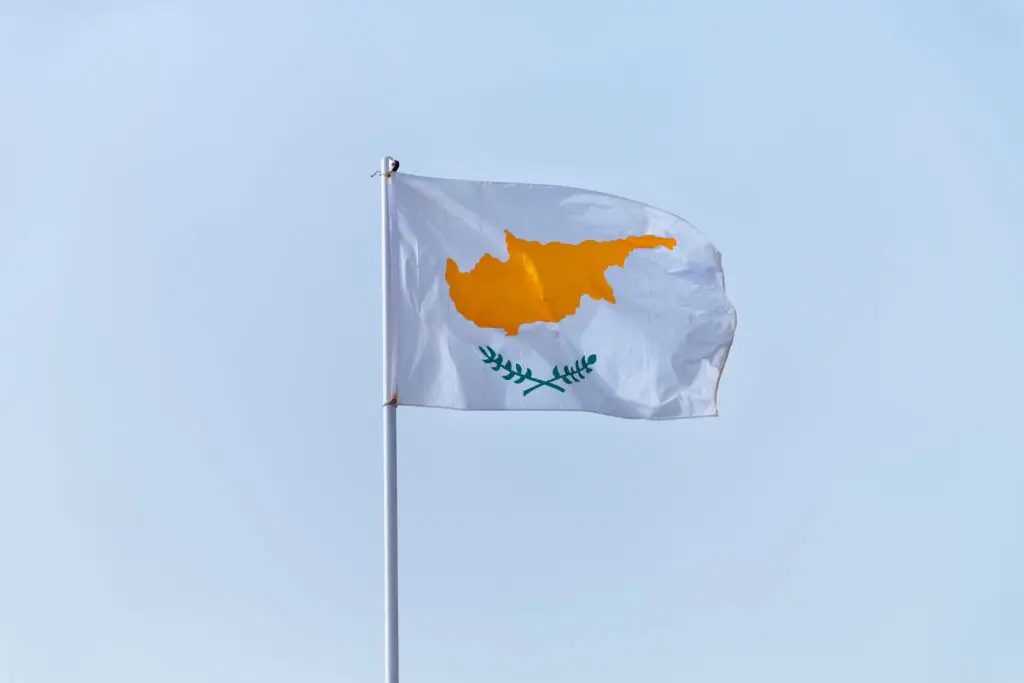The current Nomad Residence Permits (Income Tax) Rules were updated by the Maltese government on December 7, 2023. These rules allow Third Country Nationals (TCNs) with valid Maltese Nomad Residence Permits to qualify for a reduced income tax rate of 10% on their chargeable income derived from “authorized work.” This is a substantial reduction from the previous progressive rate of taxation.
For who are these changes beneficial?
The most notable change in the updated rules is the income tax for Nomad Residence Permit holders in Malta. Previously, these holders were subject to income tax at progressive rates, with the top rate being 35%. However, the new rules ensure a fairer system, with Nomad Residence Permit holders now subject to a flat income tax rate of 10% on income derived from “authorized work”. Effective from the basis tax year commencing January 1, 2024, this change provides a sense of security and fairness to the TCNs.
Authorized Work briefly explained
Authorized Work is described as Work rendered on a self-employed basis for clients who do not reside in Malta and who do not conduct business through a fixed place of business or work with a non-resident employer who does not conduct business in Malta through a fixed place of business. Any additional income received that is not from authorized employment, such as dividends, interest, and the like, shall be governed by general taxation rules as outlined in Malta’s Income Tax Acts.
However, these amendments trigger extended reporting requirements despite looking charming at first sight.
Digital nomads, in particular, must register for income taxes, disclose their income, file an annual income tax return, and make the required tax payments. This clear outline of responsibilities ensures that digital nomads are well-prepared and knowledgeable about their tax obligations.
Source: Malta GOV; Copyright: Lennard Kruger, LL.M, TAXEDO LLP.





